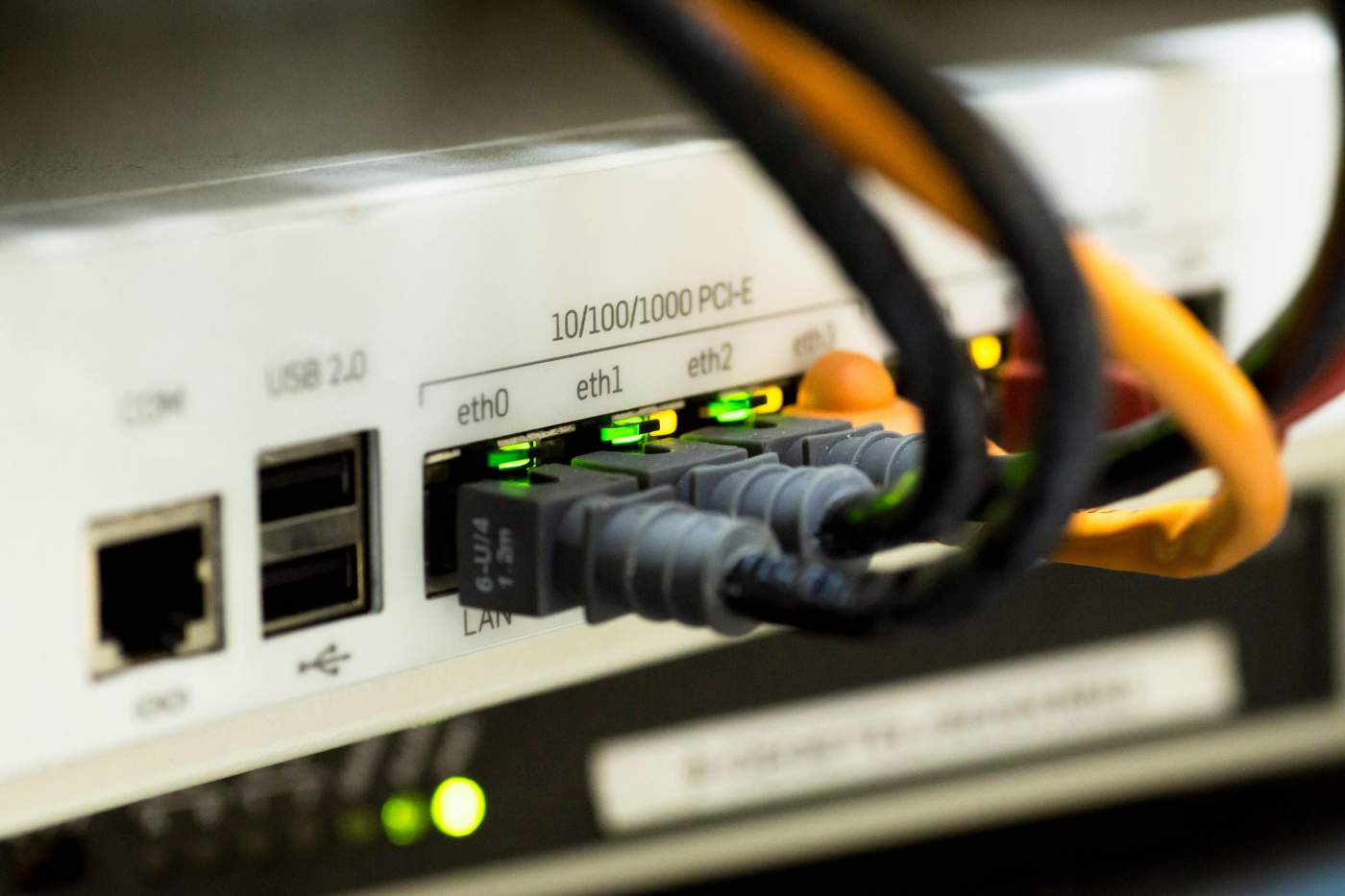In today’s fast-paced world, securing your home has never been more crucial. While there are various options available, one of the most debated topics is the choice between wired and wireless home security systems. As an expert in the field, I will delve into the intricacies of wired home security systems, outlining their benefits and drawbacks compared to their wireless counterparts.
What is a Wired Home Security System?
A wired home security system involves the use of physical cables to connect sensors, cameras, and alarms to a central control panel. This type of system has been around for decades and is known for its reliability and robustness.
Benefits of Wired Home Security Systems
1. Reliability and Stability
One of the foremost advantages of wired systems is their reliability. Since they rely on physical connections, they are not susceptible to the interference and connectivity issues that can plague wireless systems. This means fewer false alarms and a more stable performance.
2. Consistent Power Supply
Wired systems are typically hardwired into your home’s electrical system. This ensures a consistent power supply, reducing the risk of the system failing due to battery issues, which can be a significant concern with wireless systems.
3. No Interference
Wired systems are immune to the electromagnetic interference that can affect wireless systems. This makes them ideal for homes in areas with high levels of electronic noise or for those with numerous wireless devices that could potentially cause signal disruption.
4. Enhanced Security
Wired systems are generally harder to disable compared to wireless systems. Tampering with a wired connection often requires physical access, which can be a deterrent to potential intruders. Wireless systems, on the other hand, can sometimes be jammed or hacked remotely.
5. Integration with Existing Infrastructure
For homes with existing wired infrastructure, integrating a wired security system can be seamless. It can also be connected to other wired systems like home automation and intercom systems, creating a more integrated and cohesive home network.
Drawbacks of Wired Home Security Systems
1. Complex Installation
Installing a wired security system is more complex and time-consuming compared to a wireless system. It often requires professional installation, which can add to the overall cost. Drilling holes and running wires through walls can also be invasive and disruptive.
2. Limited Flexibility
Once installed, wired systems are not as easy to relocate or modify. This lack of flexibility can be a disadvantage if you decide to remodel your home or move to a new location.
3. Higher Initial Cost
The upfront cost of a wired system, including installation, can be higher than that of a wireless system. However, this can be offset by the long-term reliability and lower maintenance costs.
Comparing Wired and Wireless Home Security Systems
Cost
- Wired: Higher initial installation cost due to professional installation and materials.
- Wireless: Lower initial cost with DIY installation options, but potentially higher maintenance costs due to battery replacements and possible interference issues.
Installation
- Wired: Requires professional installation, which can be invasive and time-consuming.
- Wireless: Generally easier to install, often with DIY options available, making it quicker and less disruptive.
Reliability
- Wired: More reliable due to consistent power supply and lack of interference.
- Wireless: Can be less reliable due to battery dependency and potential for signal interference.
Security
- Wired: Harder to tamper with due to physical connections.
- Wireless: Potentially vulnerable to hacking and jamming.
Flexibility
- Wired: Less flexible, difficult to move or modify once installed.
- Wireless: Highly flexible, easy to move and expand as needed.
Conclusion
Choosing between a wired and wireless home security system ultimately depends on your specific needs and circumstances. If reliability, consistent power supply, and enhanced security are your top priorities, a wired system may be the best choice for you. However, if you prefer ease of installation, flexibility, and lower initial costs, a wireless system might be more suitable.
As technology continues to evolve, both wired and wireless systems are becoming more advanced, offering improved features and capabilities. Regardless of the choice you make, investing in a home security system is a critical step in protecting your home and ensuring peace of mind.
By carefully weighing the pros and cons of each system, you can make an informed decision that best suits your home security needs.

